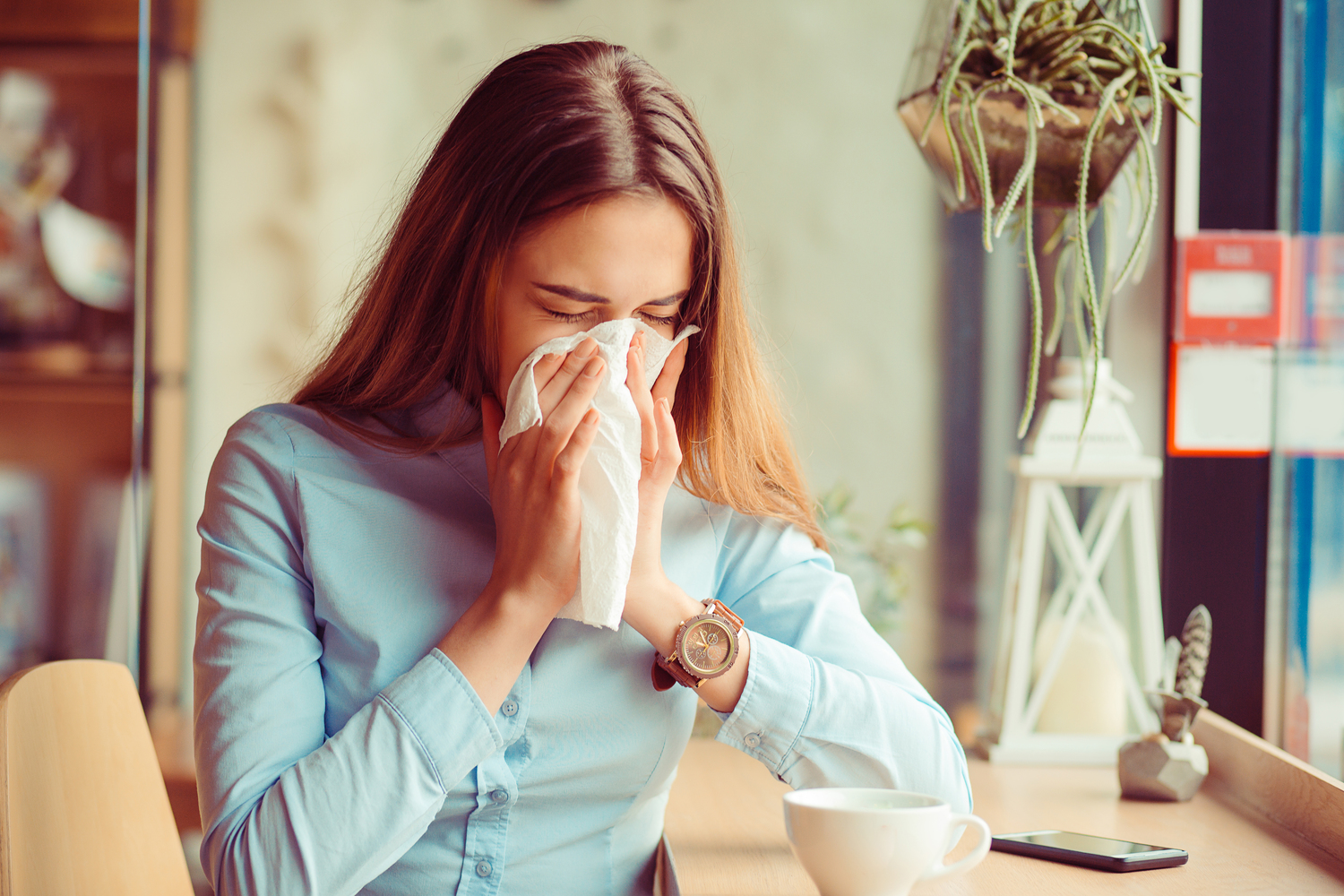
All about allergies and their triggers
With a rise in temperature, pollution, and rapid deterioration, there are many allergens that could have fatal consequences. Allergies occur when the human body identifies an object or substance as a foreign object and tries to protect itself from harm, causing a reaction. The immune system plays an important role here.
Additionally, external factors play a role in this as well. For example, erosion, pollen, dust, etc, can cause the immune system to react differently. All these changes are capable of producing extremely serious reactions in our bodies. Sometimes, it may seem as though small problems like fever or allergies are very common and happen time and again. However, carefully understanding what these conditions signify and learning about them is important in order to prevent any developments which could lead to serious health conditions in the future. Educating yourself about these apparently small conditions could also help you assess the situation properly and take timely steps when they present themselves.
Allergies occur when the body reacts to foreign objects which are known as allergens. Some of the most commonly observed cases of allergies are bee venom, pollen, and pet dander. In some other cases, allergies could also be caused by certain types of medications and foods.
It has been reported that more than 50 million people get affected by conditions related to allergies such as conjunctivitis, asthma, sinusitis, hives, eczema, etc, each year. In the year of 2015, according to the reports by Centers for Disease Control and Prevention (CDC), about 20 million people of the age 18 and above and 6.1 million children were diagnosed with allergic rhinitis. The risk of being a victim to one of these allergies would be higher if an individual has a history of allergies or asthma or has asthma themselves.
The body has a developed immune system which would attack any virus or bacteria in order to protect the body. These immune actions would be developed in an individual when they come in contact with a harmless object. Pollen, for instance, affects only people with an allergy for pollen. When these objects are around people with allergies, an antibody called immunoglobulin E is produced which attempts to destroy this foreign object. In this process, other chemicals such as histamine, come into play and cause many unwanted reactions which lead to the general symptoms of an allergy.
The most common triggers for allergies are usually pollen, cockroaches, latex, certain types of medications, household chemicals, certain kinds of foods, fur or pet dander, bites or stings from insects, different types of metals, etc. Identifying allergens and keeping an eye out would be advised.


